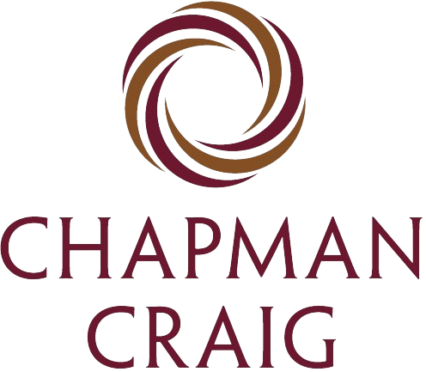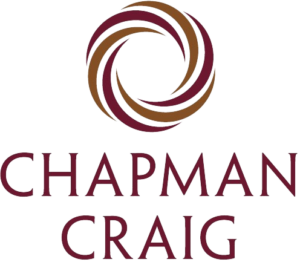The Modern HNW Family Part I – October 2023
In 2021, the Society of Estate and Tax Practitioners (STEP) conducted two broad surveys of HNW advisors, sponsored by TMF Group and RBC Wealth Management, centered on the evolving needs and expectations of the “modern HNW family”.
The panel members observed that changing client expectations are being driven by both i) changes within family dynamics, and ii) changes to regulatory regimes and societal impacts. This note focuses on the first of those.
Changing Family Composition is Impacting Objectives
Core findings are influenced by the changing composition of “modern” families. Advisors recognize that their advice and processes also need to evolve as these changes can heighten conflicts between family members with respect to viewpoints and priorities.
An increasing proportion of client families have i) members from a mix of cultural or ethnic or religious backgrounds, and are separated geographically, ii) family members by way of adoption or step-parent arrangements, iii) cohabitating partners, and iv) same-sex partners. These modern, more complex, families are sometimes described as “blended”.
Advisors are finding that differing priorities between the older, perhaps “founding”, generation and the younger generations have become more pronounced than was a case 20 years ago. The trend has been to encourage the older generations to give greater voice to the younger generations, expecting that greater communication will surface areas of conflict that can be addressed early. Bringing these conflicting views into the formal planning process can at times make the older generation anxious about the future or resentful at what they perceive as insufficient respect.
Sometimes, the gap between the objectives of younger family members and the laws of jurisdictions that have been slower to modernize can complicate solutions.
Advisors see increased reliance upon Soft Skills
HNW families have always required advisors with expertise across investment management, tax planning, estate and succession planning, accounting and insurance. This may require expertise across multiple jurisdictions, especially with respect to tax and estate planning.
But families increasingly seek out advisors experienced in family and business governance, inter-personal dynamics, education and communication.
The panel also concluded that while clients require advisors that can deal with complex, multi-jurisdictional issues quickly, they often require that this differs set of experts be able to collaborate with each other effectively.
Many families have found the process to complete a complex tax and estate plan took far too long. Since most professionals charge by the hour, “too long” translates into “too expensive”.
Some family offices are developing regional or global networks of other family offices. This can lead to developing networks of professionals that already have established collaborative, cross-jurisdictional relationships. Such a network may be just as helpful in spotting opportunities as well as threats. But it depends on key members of the consortium having developed good collaborative skills and practices.
We have posted other notes highlighting the increased legal and reporting requirements for families with members and assets in numerous countries.
As you layer on changes occurring within families, it reaffirms the need for families to regularly examine or freshen their estate planning and structures, particularly those related to asset protection and succession planning.
A legacy structure is no longer fit-for-purpose can be many times more costly than the expenses incurred in these re-examinations. The danger is wider than simply being offside new tax and reporting requirements. It is to anticipate and manage differing attitudes and objectives arising within the family, before those develop into real conflict.
In the past, advisors may have seen their value-add as focused on technical issues such as tax planning, international succession planning including multiple Wills, investments monitoring and reporting systems. But STEP’s survey indicates that advisors increasingly see “early and open conversations about succession” amongst the family and across generations along with enhanced communication and education as a key factor in the successful management of changing family dynamics.
Click here to download a PDF version of this article.




